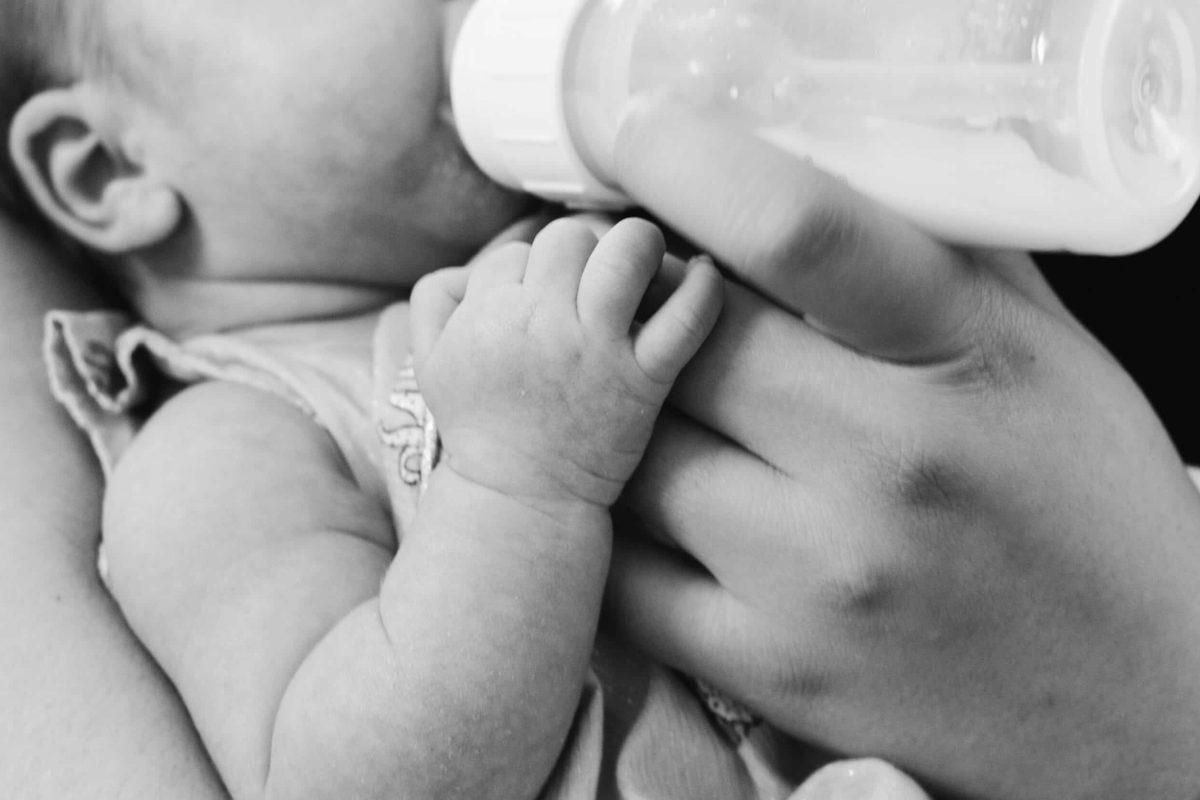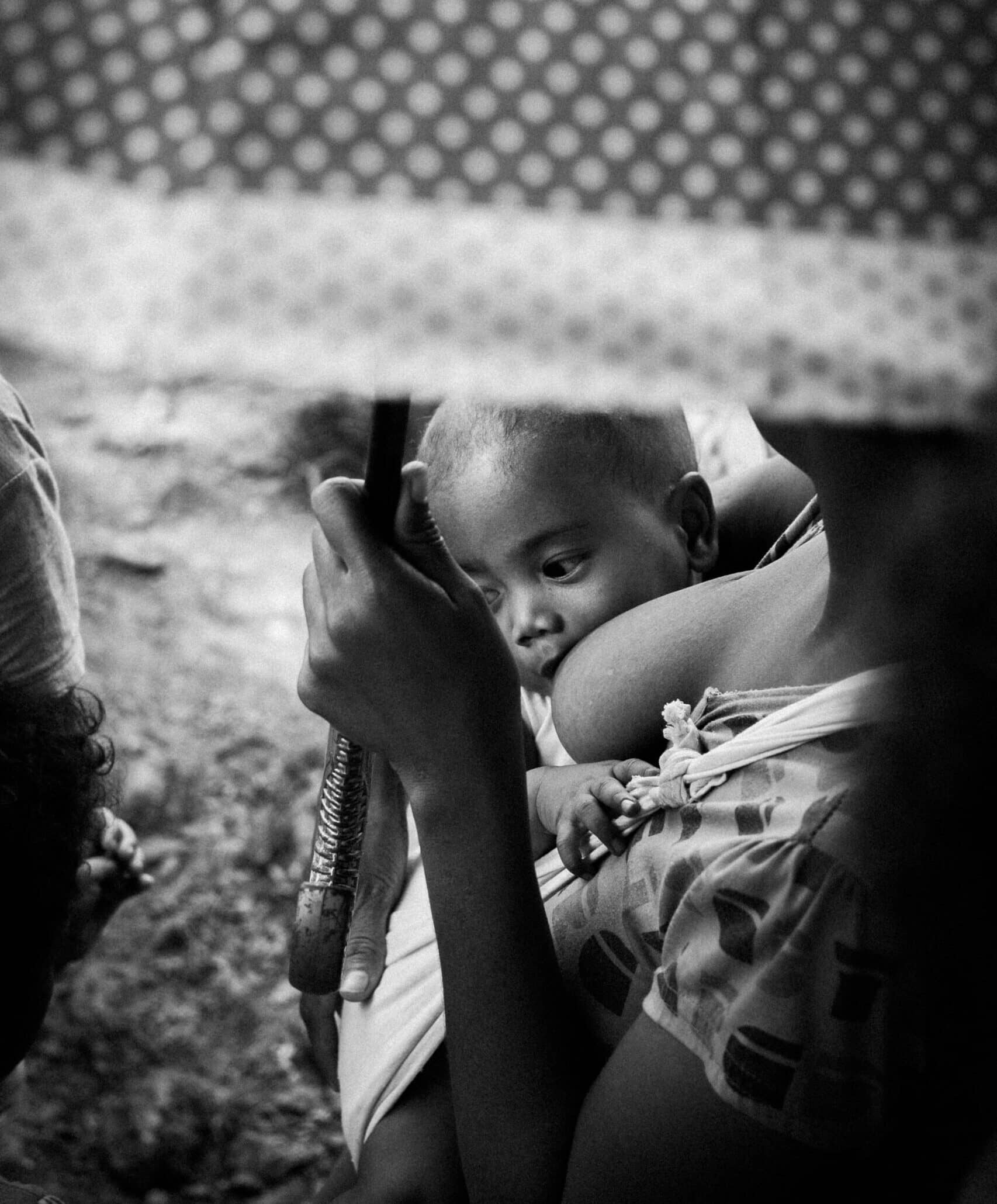
On unreasonable conditions for breastfeeding
The US now recommends breastfeeding for two years. This is despite the fact that very few mothers are even able to breastfeed for the first six months, due to a lack of paid parental leave. The AAP announced the radical change (from 1 year to 2 years) in the midst of last summer’s compensation crisis.

